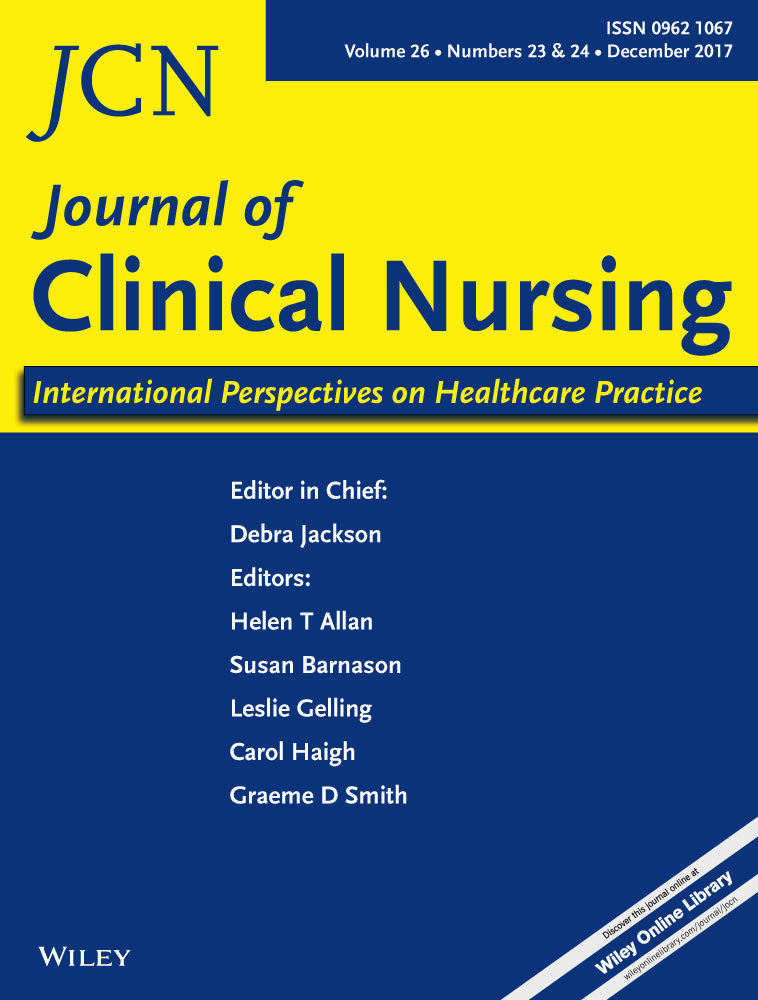Predictors of occupational burnout among nurses: a dominance analysis of job stressors
Abstract
Aims and objectives
To quantitatively compare dimensions of job stressors’ effects on nurses’ burnout.
Background
Nurses, a key group of health service providers, often experience stressors at work. Extensive research has examined the relationship between job stressors and burnout; however, less has specifically compared the effects of job stressor domains on nurses’ burnout.
Design
A quantitative cross-sectional survey examined three general hospitals in Jinan, China.
Method
Participants were 602 nurses. We compared five potential stressors’ ability to predict nurses’ burnout using dominance analysis and assuming that each stressor was intercorrelated.
Results
Strong positive correlations were found between all five job stressors and burnout. Interpersonal relationships and management issues most strongly predicted participants’ burnout (11·3% of average variance).
Conclusion
Job stressors, and particularly interpersonal relationships and management issues, significantly predict nurses’ job burnout.
Relevance to clinical practice
Understanding the relative effect of job stressors may help identify fruitful areas for intervention and improve nurse recruitment and retention.




